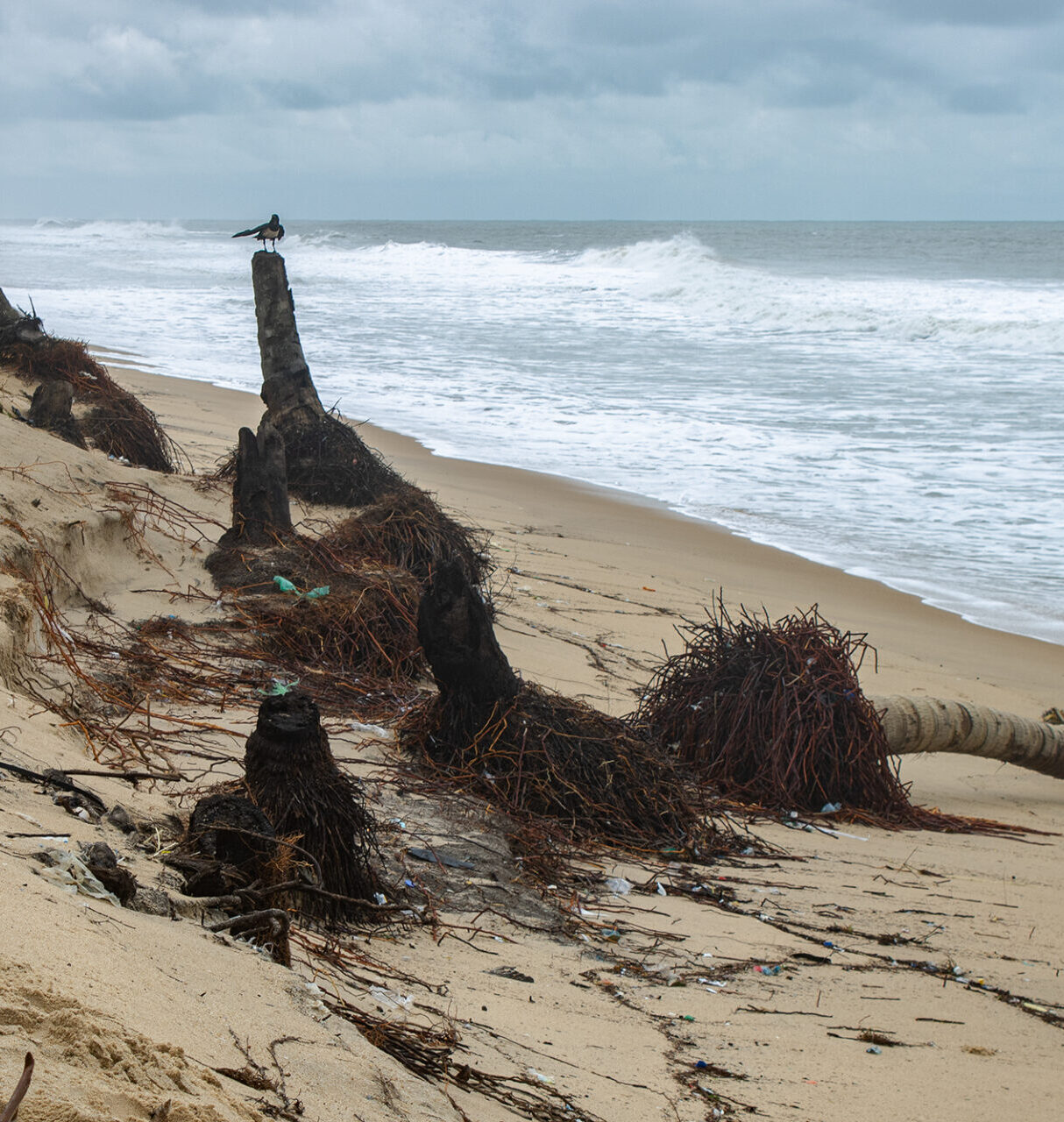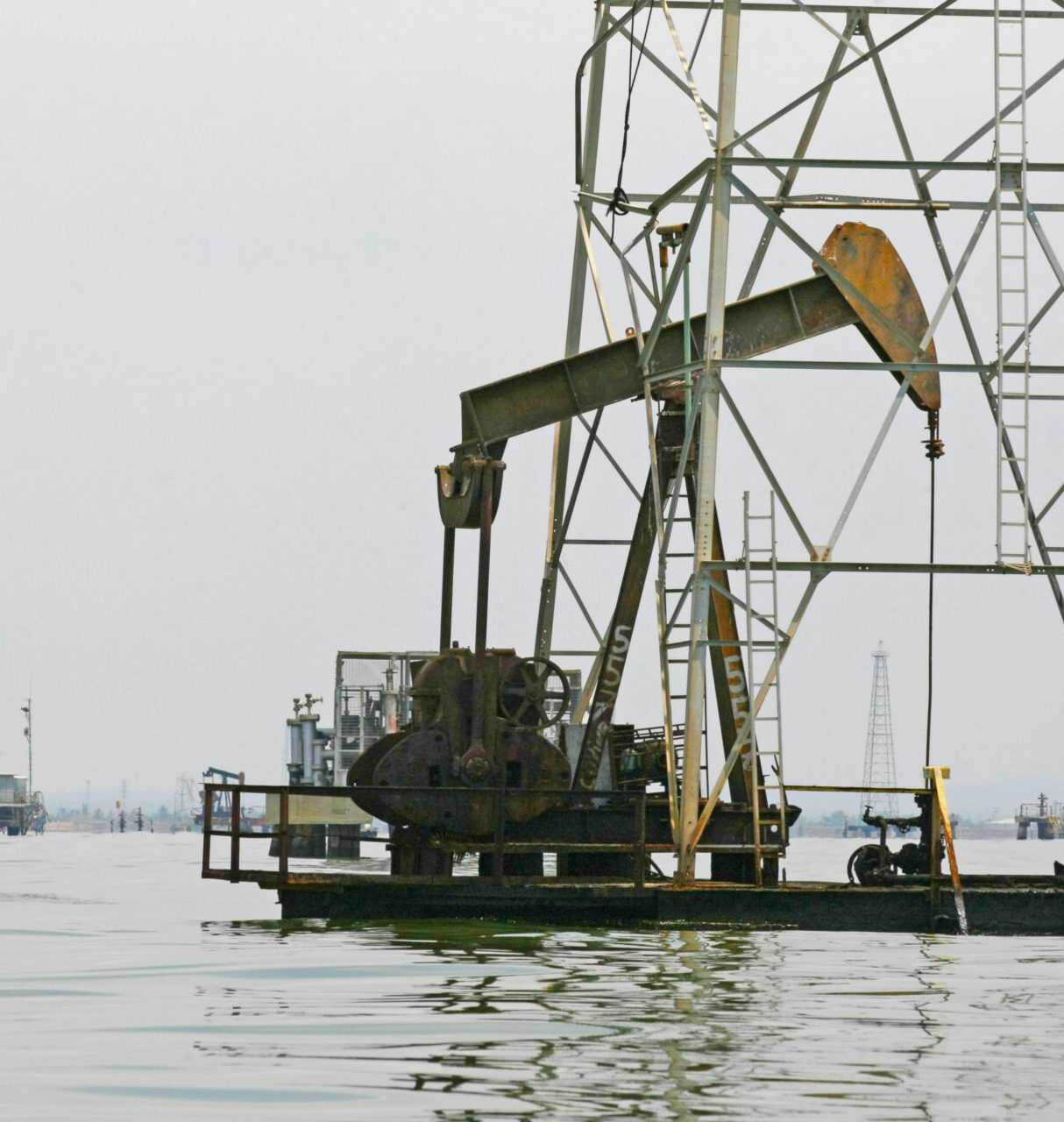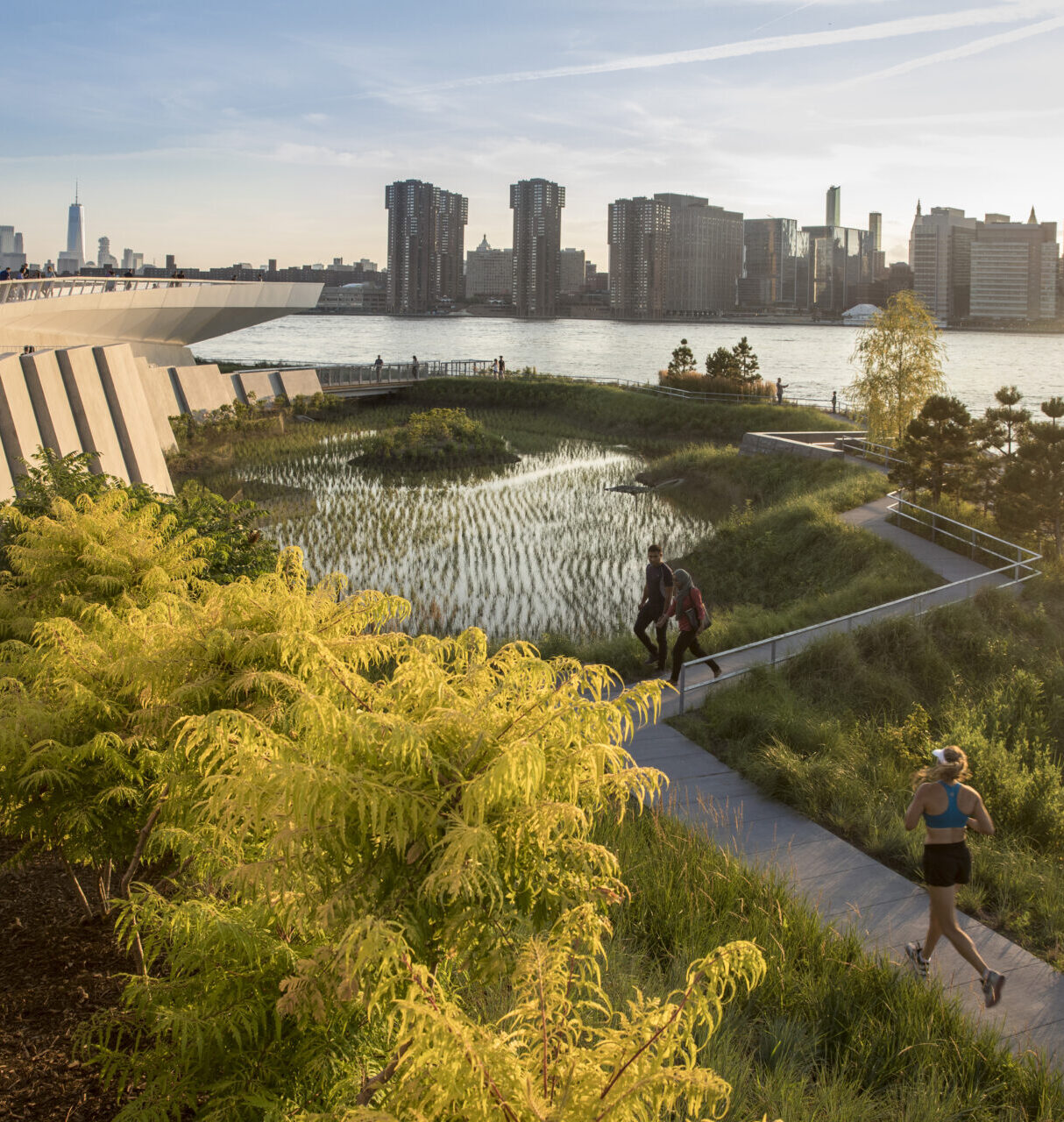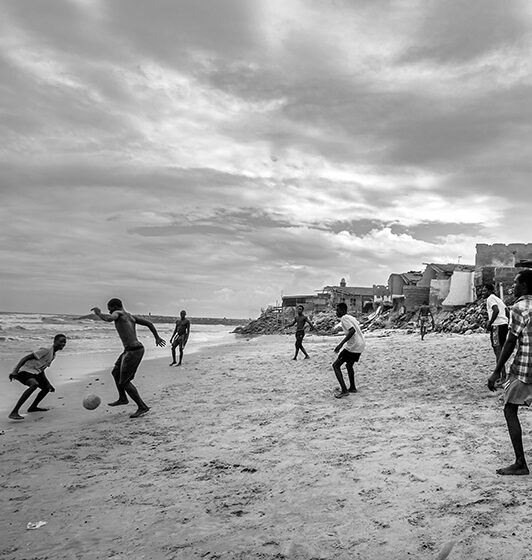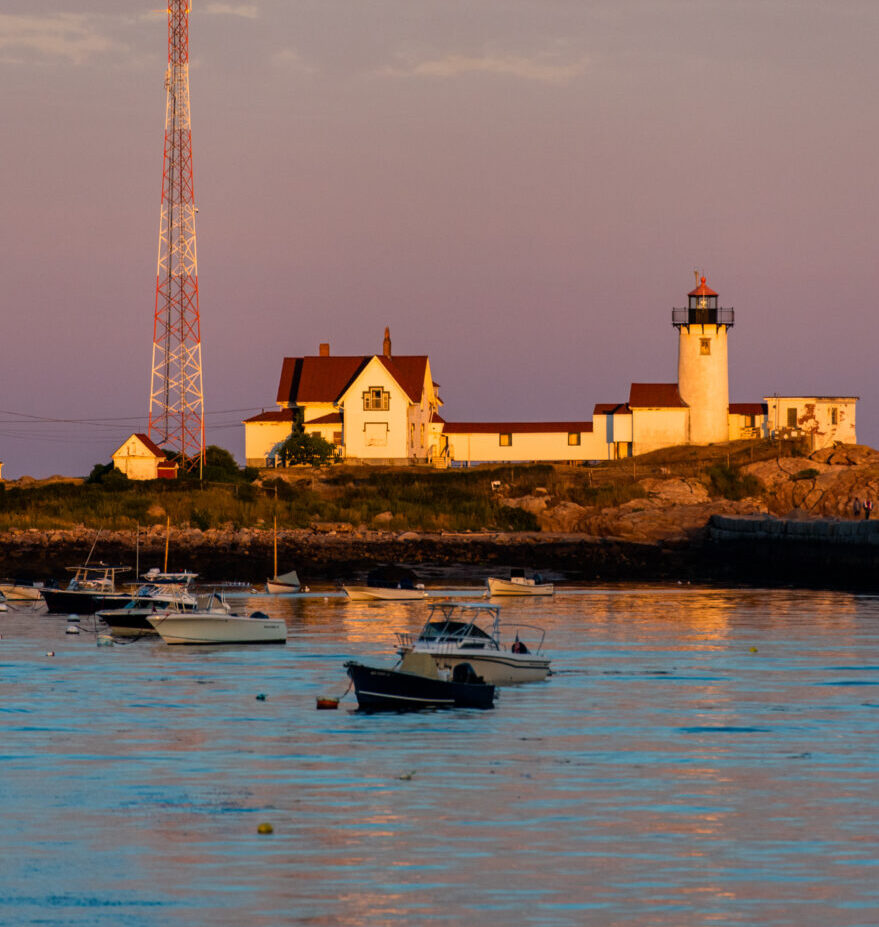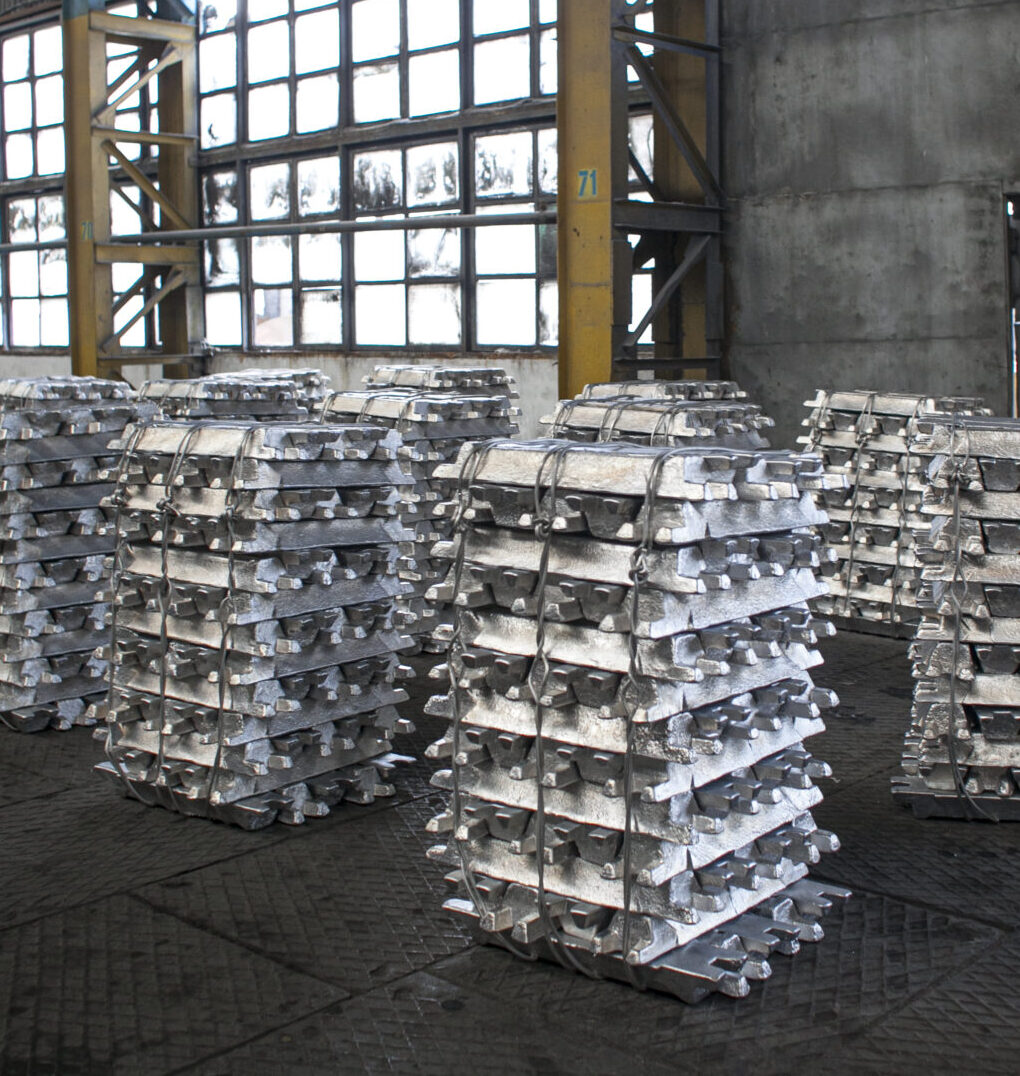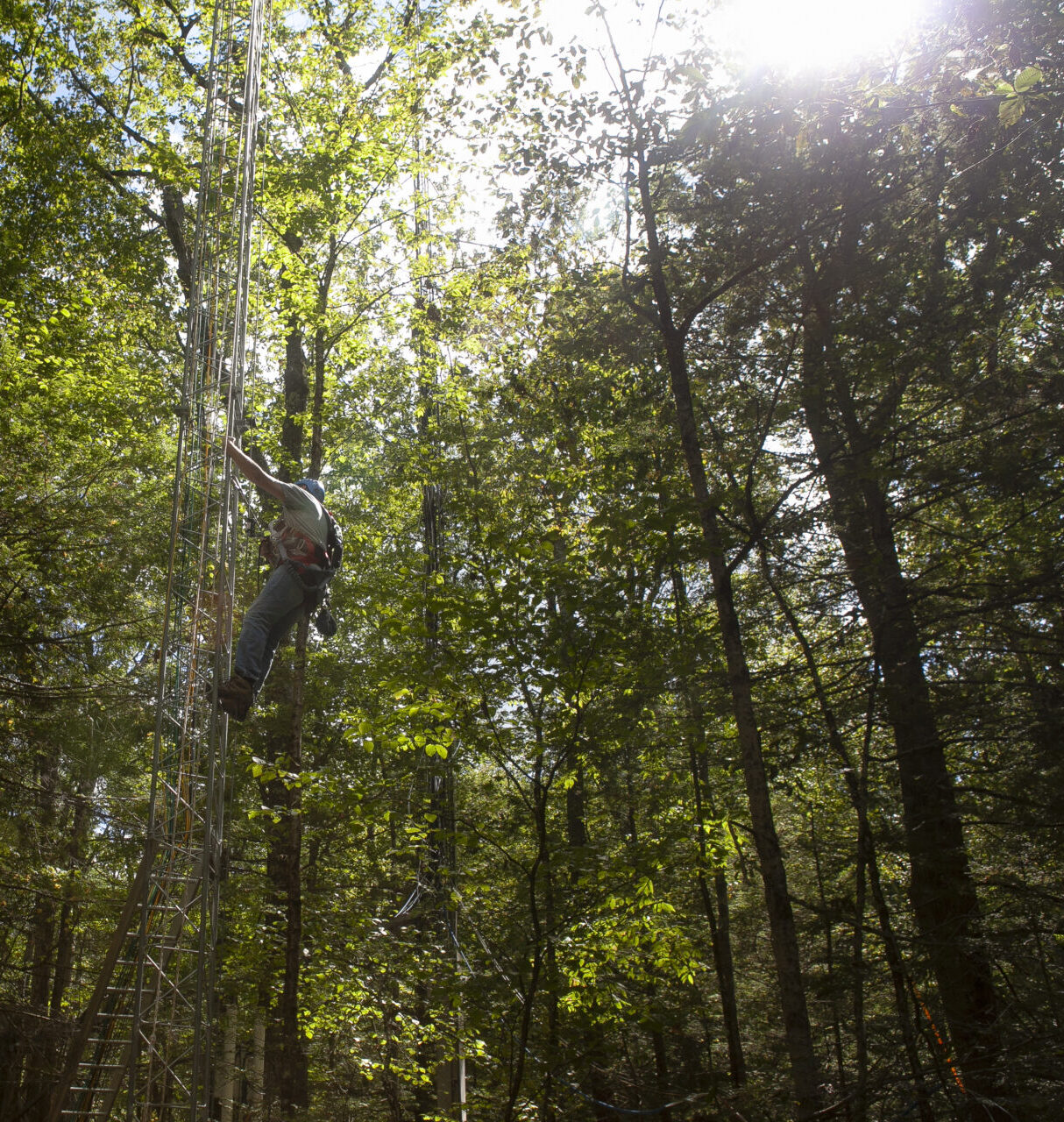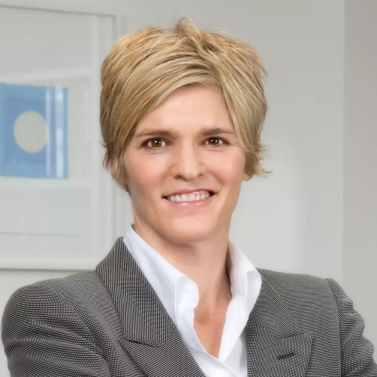
Jody Freeman
Jody Freeman is the Archibald Cox Professor of Law at Harvard Law School, and a leading scholar of administrative law and environmental law. Freeman served as Counselor for Energy and Climate Change in the Obama White House in 2009-2010. She is a member of the American Academy of Arts and Sciences, a Fellow of the American College of Environmental Lawyers and a member of the Council on Foreign Relations. While in the White House, she was the architect of President Obama’s historic agreement with the U.S. auto industry to double fuel efficiency standards. Freeman worked for the Biden transition team developing the administration’s climate action plan.
Professor Freeman has written extensively about climate change, environmental regulation, presidential power, and judicial review, and has been recognized as the second most cited public law scholar in the country. She has produced several books including the landmark Global Climate Change and U.S. Law (co-edited with Gerrard and Burger) with the new edition to be published in 2023.
Professor Freeman founded Harvard Law School’s Environmental and Energy Law Program, a pioneering research center on climate and energy law and policy. She also established the Law School’s first environmental law clinic. She co-Chairs the Presidential Committee on Sustainability at Harvard.
Ms. Freeman serves on the climate advisory board of NBIM, which manages Norway’s sovereign wealth fund. She has also served on the Advisory Council of the Electric Power Research Institute, counselling the electricity industry on technology gaps. Freeman speaks at events around the world and can be heard on NPR, MSNBC and CNN. She has written for the New York Times, Wall Street Journal, Guardian, Los Angeles Times, Politico, Vox and Foreign Affairs. Professor Freeman consults regularly for government and non-governmental parties, advising on litigation and regulatory strategy.
The Salata Institute
The Salata Institute supports interdisciplinary research that leads to real-world action, including high-risk/high-reward projects by researchers already working in the climate area and new endeavors that make it easier for Harvard scholars, who have not worked on climate problems, to do so. Faculty interested in the Climate Research Clusters program should note an upcoming deadline for concepts on April 1, 2024.
